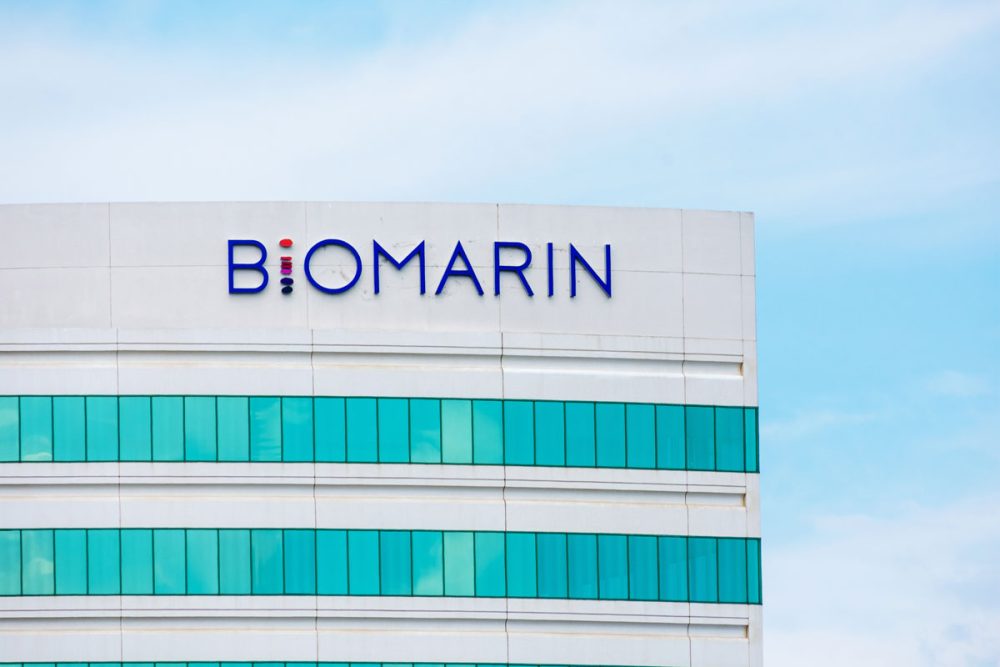Advertisment
FDA approves Voxzogo (vosoritide) for children under 5 years with achondroplasia – BioMarin

BioMarin Pharmaceutical Inc. announced that the FDA has approved the supplemental New Drug Application (sNDA) for Voxzogo (vosoritide) to increase linear growth in pediatric patients with achondroplasia with open epiphyses (growth plates). This indication is approved under accelerated approval based on an improvement in annualized growth velocity.
Previously, Voxzogo was indicated for children who were 5 years of age and older. This expanded indication now includes children of all ages with open growth plates.
BioMarin conducted a randomized, double-blind, placebo-controlled Phase II clinical trial evaluating the safety and efficacy of Voxzogo in children aged 5 and under (Study 111-206). Based on the results of this trial, together with evidence from the adequate and well controlled Phase III study in pediatric patients aged 5 years and older (Study 111-301), safety and effectiveness of Voxzogo have been established in pediatric patients of all ages for the improvement in linear growth in children with achondroplasia with open epiphyses. The overall safety profile of Voxzogo in children under 5 years of age was similar to that seen in older children.
Since the introduction of Voxzogo in 2021, the company has seen strong patient demand for the medicine worldwide. BioMarin has recently been able to secure increased fill-finish commitments in 2024 and beyond to meet this additional demand. There are approximately 800 children under 5 with achondroplasia in the U.S.
Voxzogo is currently approved in Europe in children with achondroplasia who are 2 years of age and older with open growth plates. In September, the European Medicines Agency’s (EMA) Committee for Medicinal Products for Human Use (CHMP) adopted a positive opinion recommending marketing authorization to expand the indication for Voxzogo for injection to treat children with achondroplasia aged 4 months and older whose epiphyses are not closed. A final approval decision, typically consistent with the CHMP recommendation, is expected from the European Commission later this year.





